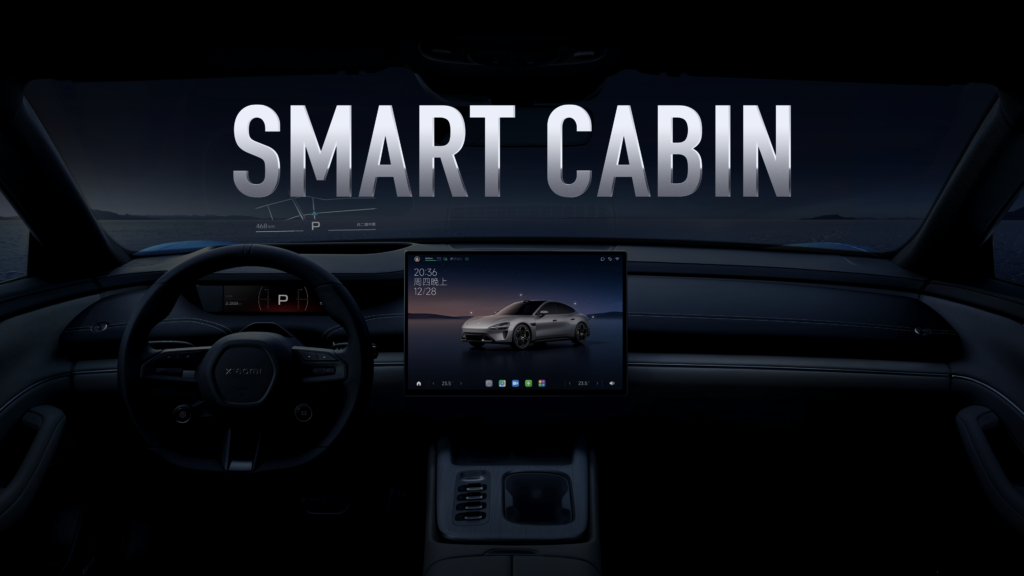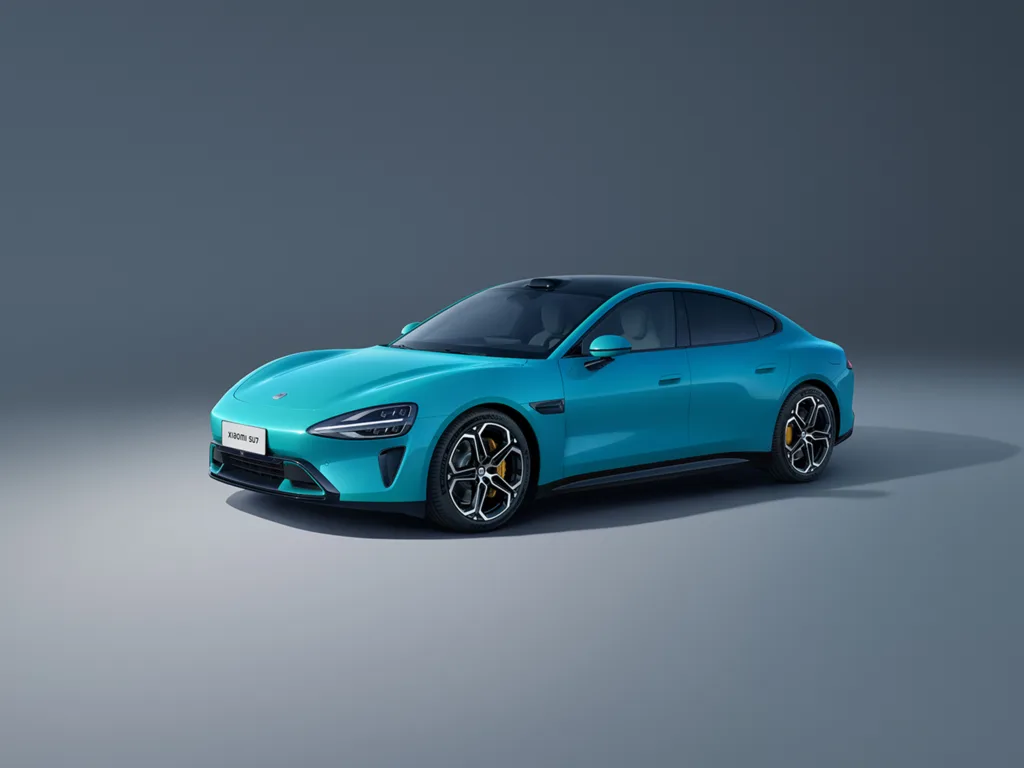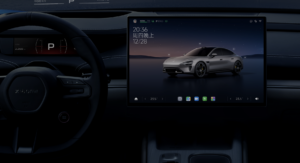Xiaomi’s recent unveiling of the Xiaomi SU7 showcased a range of technical advancements in electric vehicle (EV) technology, starting with the interior. The Xiaomi SU7’s Smart Cabin includes a 16.1-inch 3K central console, a 56-inch HUD head-up display, and a 7.1-inch rotating dashboard. The cabin is also equipped to support various devices, featuring two seat-back extension mounts for tablet devices. Powering these features is the Snapdragon 8295 in-car chip linking the five different screens.

In terms of autonomous driving, the Xiaomi SU7 introduces the Xiaomi Pilot, with adaptive BEV technology for scenario-based perception algorithm adaptation, a road-mapping foundational model for dynamic navigation, and technology for improved obstacle recognition. This system is powered by dual NVIDIA Orin chips and includes a comprehensive suite of sensors like LiDAR, high-definition cameras, millimeter-wave radars, and ultrasonic radars.
The vehicle’s powertrain features Xiaomi’s self-developed E-motors, HyperEngine V6/V6s, and HyperEngine V8s. These motors employ technologies like bidirectional full oil cooling and an s-shaped oil circuit design for enhanced performance and cooling efficiency. The HyperEngine V8s, with a notable speed of 27,200 rpm and 425kW output, is especially significant for its use of ultra high-strength silicon steel and advanced cooling designs.

Xiaomi has also developed innovative battery technology with its CTB battery technology. This technology results in a battery with high integration efficiency, a substantial performance improvement, and a compact size.
The car’s operating system integrates with Xiaomi’s tablet application ecosystem, expected to grow to over 5,000 apps. Users can pin their favorite smartphone apps to the car’s infotainment system for convenience. Xiaomi’s CEO, Lei Jun, emphasized the SU7’s role in the Human x Car x Home smart ecosystem, supporting over 1,000 Xiaomi smart home devices. This integration allows for automatic discovery, password-free access, and automation scenario setup, creating a comprehensive CarIoT ecosystem, according to Xiaomi. The SU7 also supports Apple CarPlay. While pricing details are not yet released, Xiaomi plans to launch the SU7 globally after its initial release in China at the end of last year.

